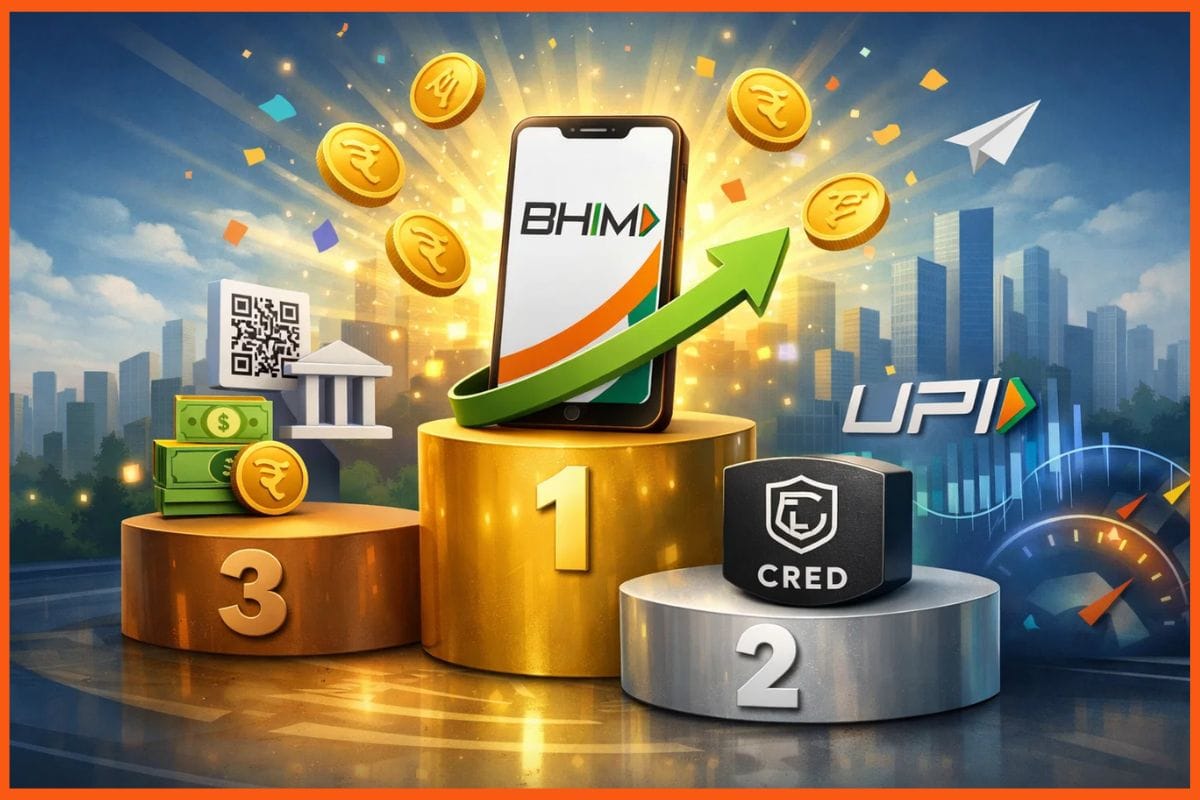Top 10 Strategies for Omnichannel Marketing
Collections 🗒️
It is very much important for a company to manage all its marketing sources as a whole. The Omnichannel refers to brand interaction with its potential leads across various online and offline channels (such as social media, mobile, stores, etc.) intending to provide a seamless and consistent shopping experience throughout the customer’s journey.
When it comes to the advantages of adopting omnichannel in your business, you could provide a seamless customer experience by giving customers a variety of options for convenient shopping, the ability to contact or shop at any channels for clearing house, and personalized services with closed deals only. This would ultimately increase brand recognition, customer loyalty and engagement, sales and revenue, and lower customer churn.
What is Omnichannel Marketing?
Best Omnichannel Marketing Strategies
- Customer Journey Mapping
- Data Analysis
- Target Market Segmentation
- Customer Care
- Focus On Customer Security
- Seamless Payment
- Equal Focus on Both Digital and Non-digital Channels
- Determine the Strengths and Weaknesses of Each Channel
- Invest in the Right Technology and Focus On Mobile-Friendly Users
- Establish Trust
Brands Implementing Omnichannel Marketing
What is Omnichannel Marketing?
Omnichannel marketing is a business strategy that intends to promote a business on various channels including both online and offline modes.
In simple terms, an omnichannel is a network that integrates all its business platforms and channels and transmits accurate messages. For instance, if your company is coming up with a new product launch, offers, or advertising other business merchandise, you can share content and information about the message on social media platforms, websites, physical stores, and mobile devices, managed by your business.

Best Omnichannel Marketing Strategies
Nowadays, customers have more control over the buying process than they used to have before and omnichannel marketing simply intends to offer a seamless experience to the customers throughout their buying journey. The following are the top 10 omnichannel marketing strategies that will help you gain the best possible results for your business:
Customer Journey Mapping
One of the most important omnichannel marketing strategies is to map the journey of customers. Omnichannel is regarded as the best and most advantageous marketing strategy because it focuses more on the customer experience than it does on products and services. Businesses can easily post messages on various channels without any hassles and look after customer engagement at each stage of the user’s journey. Additionally, an omnichannel strategy promotes potential customers to continue around for a long time, which increases customer lifetime value by effectively focusing on that specific customer segment.
Data Analysis
A data-centric strategy is a key to omnichannel marketing, allowing you to learn more about your customers' interest in your business, examining audience segmentation data such as their demographics, profiles, search data, and psychographic segmentation. Top-tier businesses use customer relationship management (CRM) software to gather information. Thus, using omnichannel marketing targets potential leads after studying a customer's data and engaging with them across all channels.

Target Market Segmentation
Omnichannel marketing can do wonders when implemented in the right manner. So, in order to achieve the best results, an important strategy is to target the right audience and their proper segmentation. One can create segments on a different basis like location, shopping behaviour, level of interaction, etc. One can also take advantage of automation to send messages to the target audience at the right time.
Customer Care
Correct customer assistance should not resemble a sales presentation. Consistency and comfort should always be prioritized in customer service interactions. Keep in mind that dealing with client complaints is a huge part of doing business. Your automated systems and channels should provide easy-to-use help options. System integration issues with your Omnichannel strategy are just as dire. As a part of your customer service solutions, add live chat alternatives to your eCommerce websites and check that there is enough information available online. Some of the crucial pointers to improve customer service operations include:
- Become more responsive on social media.
- Help with live chat.
- Automated emails.
Focus On Customer Security
Customers place high importance on the security of their data and payments, especially when that data is shared across large omnichannel networks. Every touchpoint is vulnerable to a diverse set of threats since there are many pathways, which means many weak spots. At every stage of a transaction, the risk of security breaches can be reduced by using a single platform through which all channels pass. Innovative security capabilities in ERP software allow it to evaluate consumer and business data as well as track every channel in real-time for unusual activity or other risks.
Seamless Payment
Issues with payments usually arise in the area of digital marketing. Use the appropriate payment gateways to prevent upsetting your customers. This takes into account the interval between the customer's online order and actual store pickup.
Equal Focus on Both Digital and Non-digital Channels
Numerous businesses consider TV, radio, mail, and other analogue channels to be outdated mediums, but they might want to give them another look. This is because millennials say they are more interested in printed catalogues than customers have been for decades. A decent return may be achieved with well-target catalogue marketing. A great technique to reach a variety of demographics in omnichannel marketing is by publishing digital and print copies of a catalogue.

Determine the Strengths and Weaknesses of Each Channel
Another important strategy for implementing omnichannel marketing is to determine the strengths and weaknesses of each channel being used. Consider how advertising your products on social media can help customers buy more quickly over the phone or during a convenient conversation than they could do through limited-featured platforms like apps. Connect with your leads using a simple and pragmatic network channel, which has a good effect on your customer service strategy and eventually helps you turn leads into customers.
Invest in the Right Technology and Focus On Mobile-Friendly Users
The technological infrastructure that is currently in place frequently lacks the capabilities necessary for an efficient omnichannel approach. To ensure that decision-makers, chain managers and workers, retail staff, and customers are all working with the same information, businesses must be able to organise and monitor data from every channel. Make sure you can also analyse data acquired from various channels and create precise forecasts and what-if scenarios. Thus, another important strategy is to focus on mobile services, as today's generation is highly dependent on their smartphones.
Establish Trust
In any industry, building a customer's trust is essential. If they don't believe in your company or your goods, everything will suffer. When it comes to digital marketing, consistency is crucial. It's about improving user experience to the point that people can relate to and trust a brand name without thinking about it. Customers will stop trusting you if you cannot provide effective customer service to them.
Brands Implementing Omnichannel Marketing

There are several popular brands that have established a strong brand identity for themselves with the help of omnichannel marketing. Some of the prominent names include:
Conclusion
The way businesses operate has changed. It has been a groundbreaking marketing concept to use the internet to advertise businesses and goods. It's crucial to maintain face-to-face and digital interactions, as well as a cohesive brand identity and user experience. The goal of omnichannel marketing is to achieve just that. A transition from a channel-centric strategy to a framework focused on the consumer is necessary to develop an omnichannel strategy. We hope that the ideas we've covered in this post about Omnichannel marketing will be helpful to you as you promote your business.
FAQs
What is an omnichannel marketing strategy?
Omnichannel marketing strategy simply refers to the use of a combination of various channels (physical and digital) for customer interaction in order to create a strong brand presence.
Is Starbucks an omni channel?
Starbucks is one of the greatest examples of brands that have nailed the game of omnichannel marketing through its Rewards App.
Why do consumers want omnichannel?
Consumers prefer omnichannel because it helps them connect their in-store experiences with the digital market. For example- some people still do not trust online shopping so they prefer buying stuff from the store which they saw online.
Must have tools for startups - Recommended by StartupTalky
- Convert Visitors into Leads- SeizeLead
- Website Builder SquareSpace
- Run your business Smoothly Systeme.io
- Stock Images Shutterstock






